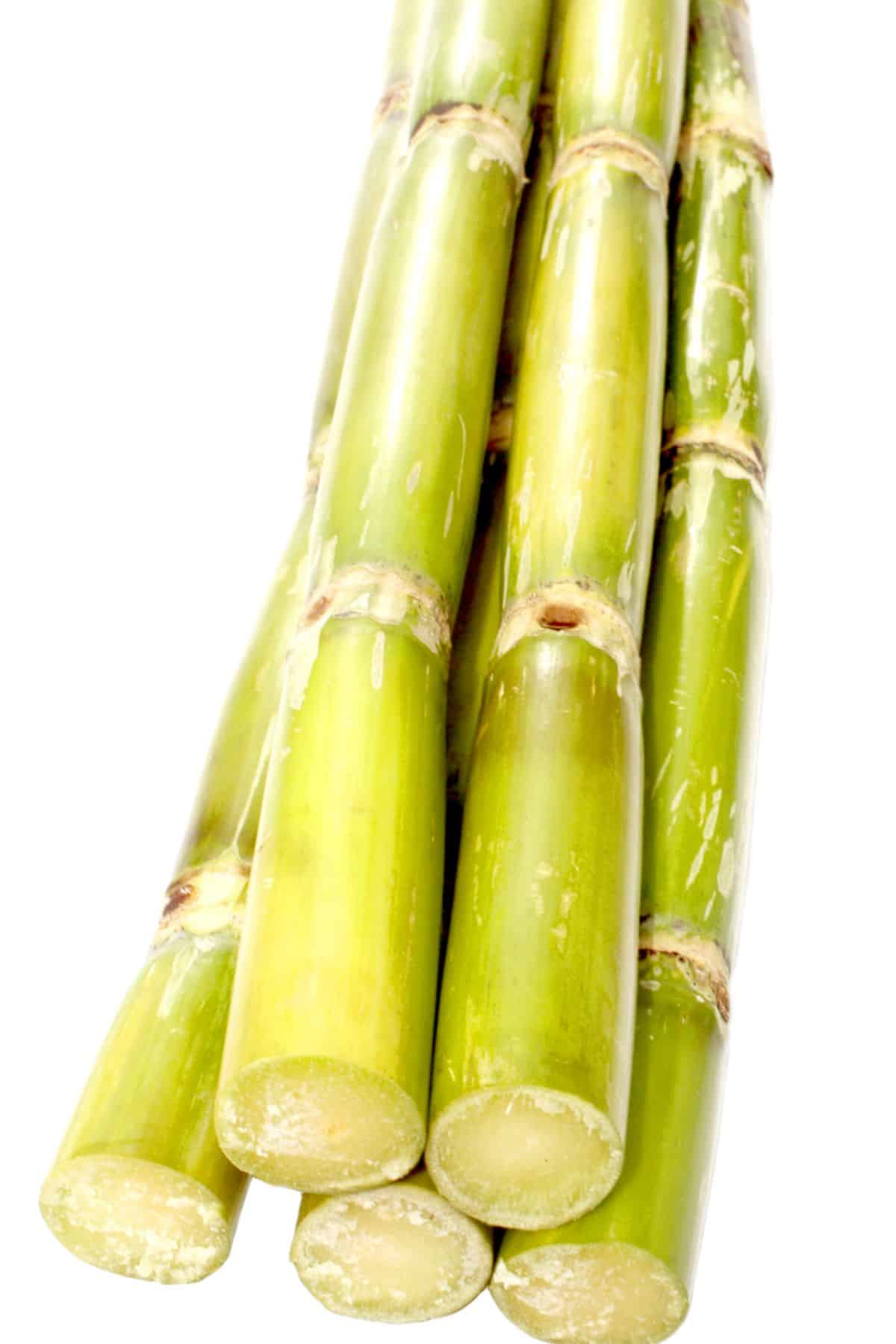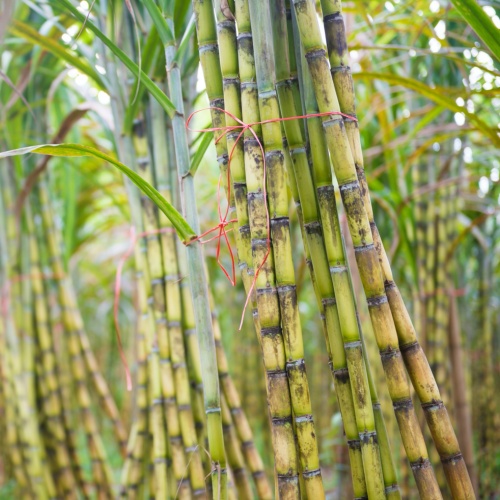Cane Sugar Processing Explained: What Takes Place Inside a Sugar Mill
Cane Sugar Processing Explained: What Takes Place Inside a Sugar Mill
Blog Article
A Detailed Review of the Wellness and Economic Ramifications of Walking Cane Sugar Handling on Neighborhood Areas
Cane sugar processing plays an essential duty fit the financial landscape of local areas, supplying employment opportunities and boosting supplementary sectors. However, the health and wellness implications connected with high sugar consumption can not be neglected, as they add to climbing rates of weight problems and diabetic issues. This nuanced vibrant invites a vital assessment of exactly how neighborhoods can enhance economic gains while dealing with journalism health and wellness challenges they encounter. The exploration of lasting techniques and educational efforts might simply hold the secret to fixing up these conflicting rate of interests. What techniques might communities execute to accomplish this equilibrium?
Economic Advantages of Cane Sugar Handling
Walking stick sugar handling provides substantial financial advantages that extend beyond the instant farming industry. The farming and processing of sugarcane produce various job opportunities, from farming to manufacturing and circulation. This employment generation not only supports local economic climates yet likewise fosters area growth by offering stable revenue sources for households.
Moreover, the sugar industry boosts secondary businesses, including transportation, devices supply, and packaging services (Cane Sugar Processing). As these markets expand, they add to a much more durable financial structure, boosting overall area strength. The export capacity of refined cane sugar further enhances financial advantages, positioning areas as affordable players in global markets
Financial investment in contemporary handling facilities can lead to raised productivity and effectiveness, therefore lowering waste and maximizing resource usage. This change not just benefits the local economic situation however additionally supports sustainability efforts by lessening environmental influences.
Additionally, the earnings generated from walking stick sugar processing can be reinvested in neighborhood framework, education, and healthcare, promoting holistic area growth. On the whole, the financial advantages of cane sugar handling are complex, providing a foundation for sustaining success in agricultural areas.
Health And Wellness Risks Connected With Sugar Intake
Extreme sugar usage postures substantial health dangers that call for serious focus. High intake of included sugars, especially from processed beverages and foods, has actually been connected to many health problems.
Furthermore, high sugar intake is connected with heart disease. Raised blood sugar degrees can result in insulin resistance, a forerunner to different heart-related issues. Furthermore, sugar can have harmful effects on dental health, causing dental caries and gum tissue illness, as germs in the mouth prosper on sugar, producing acids that wear down tooth enamel.
Moreover, emerging study recommends a prospective web link between high sugar intake and psychological health and wellness problems, such as depression and anxiety. As neighborhoods grapple with these wellness risks, it ends up being vital to advertise recognition and encourage healthier nutritional choices. Resolving sugar intake is essential not only for private health and wellness yet also for the overall wellness of neighborhood areas, emphasizing the requirement for comprehensive public health techniques.
Ecological Influences of Sugar Manufacturing
Frequently ignored in discussions regarding sugar's ramifications is the significant ecological impact of sugar manufacturing. The cultivation of sugarcane frequently demands substantial land usage, causing deforestation, loss of biodiversity, and disruption of neighborhood ecological communities. The conversion of forests and marshes into sugar ranches can lead to environment damage, harmful many varieties and modifying environmental equilibrium.
Moreover, sugar production is resource-intensive, consuming considerable amounts of water for watering. This can result view in deficiency of regional water resources, adversely influencing both farming methods and neighborhood access to clean water. Furthermore, making use of chemical fertilizers and chemicals in sugarcane farming can contribute to dirt destruction and water contamination, as runoff from these chemicals gets in neighboring rivers and lakes, influencing water life and human health.
The ecological impact expands to the handling stage, where energy usage and waste generation more intensify environmental problems. Air pollution from burning sugarcane areas, along with greenhouse gas discharges, add to environment change. Because of this, the environmental effects of sugar production warrant serious factor to consider, advising stakeholders to adopt even more sustainable practices to minimize these damaging impacts on local communities and neighborhoods.
Work Development and Community Growth
The ecological difficulties positioned by sugar production are frequently counterbalanced by its possibility for economic benefits, particularly in work development and neighborhood development. The walking cane sugar market works as a considerable source of employment in lots of country locations, giving work throughout various skill degrees, from agricultural labor to processing and distribution roles. This employment not only supports specific family members however also adds to the general economic vigor of neighborhood communities.
In addition, the facility of sugar processing facilities stimulates supplementary services, such as transport solutions, tools supply, and upkeep companies. As these services grow, they create additional tasks and boost regional economies. The earnings produced from the sugar sector also brings about increased tax obligation incomes, which can be reinvested right into social work such as framework, education and learning, click for more info and medical care development.
In addition, the sugar market typically participates in community development campaigns, such as supporting neighborhood colleges and wellness programs, therefore improving the lifestyle for residents. By fostering strong community connections and advertising economic development, the walking stick sugar handling field plays a crucial duty in uplifting regional populations, making it a crucial part of lasting advancement techniques in sugar-producing areas.
Harmonizing Health and Economic Development
In browsing the intricacies of cane sugar handling, a vital difficulty depends on stabilizing health factors to consider with financial development. The sugar sector dramatically adds to regional economic climates by producing work, promoting relevant industries, and increasing tax earnings. Nevertheless, the health implications associated with excessive sugar usage can result in chronic diseases such as obesity, diabetes, and cardio concerns, which can burden public health systems and reduce workforce efficiency.

In addition, regulative frameworks can play a critical function in guiding industry techniques towards even more lasting and health-conscious strategies. By cultivating partnership in between government bodies, health and wellness organizations, and the sugar sector, neighborhoods can browse the dichotomy of health and wellness and economic development, making certain that the benefits of walking stick sugar handling are equitably shared while focusing on public wellness.
Conclusion
Finally, the handling of cane sugar presents both considerable economic advantages and noteworthy health dangers for local areas. While it cultivates task development and stimulates local advancement, the affiliated health concerns, especially relating to excessive weight and diabetic issues, demand a cautious balancing act. By advertising accountable usage and investing in neighborhood education and learning and lasting techniques, it is possible to make best use of financial benefits while minimizing adverse health and wellness impacts, thus guaranteeing a healthier future for regional populations.
Furthermore, sugar can have harmful impacts on dental health, resulting in tooth cavities and gum condition, as bacteria in the mouth flourish on sugar, generating acids that erode tooth enamel.
Addressing sugar consumption is vital not only for specific wellness yet additionally for the overall well-being of local neighborhoods, emphasizing the requirement for comprehensive public wellness methods.
Frequently overlooked in discussions regarding sugar's effects is the considerable environmental effect of sugar production. The health and wellness ramifications linked with excessive sugar usage can lead to persistent conditions such as excessive weight, diabetic issues, and cardiovascular problems, which can concern public wellness systems and reduce labor force efficiency.

Report this page